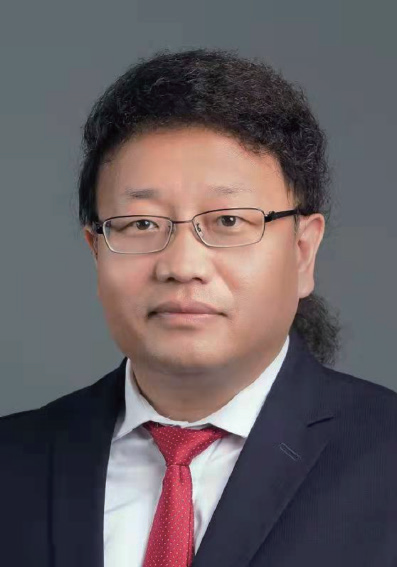Tao Han, Chen Zheng, Xuewen Li, Lelin Qiao, Yanjie Liu, Yongchan Li, Jibao Li
Xiangpeng Meng, Yi Liu
Materials Genome Institute, Shanghai University, Shanghai, China
Bowei Cooper Corporation, Shanghai, China
ABSTRACT: As the lead frame materials of integrated electronic chips and electrical contact materials, high-strength and high-conductivity cooper alloys need to satisfy both large mechanical strength and high electronic conductivity, but the mechanical and electronic properties are usually contradictory and are hard to be improved simultaneously. Moreover, the comprehensive properties of cooper alloys are affected by complex coupled effects of composition, heat treatment, and rolling compression. The development of new materials and industrial applications practically require the simultaneous optimization of composition and processing, but the huge potential materials parameter space imposes a great challenge of large-scale systematic exploration of both composition and processing variables. This work introduces the thousand samples/year preparation and characterization by high-throughput experiments and million-level property predictions by machine learning, providing the more efficient capability of all-factor and global optimization of "composition-process-property" relations for new multi-component alloy optimization and industrializations. This work simultaneously tuned the Cu-Zr-Cr compositions, rolling compression ratio, and aging temperature/time, and synthesized 1669 samples by self-developed high-throughput electrical arc discharge, heat treatment, and rolling systems. The hardness and electrical conductivity properties were measured for each sample to obtain 3338 property data in total. Based on the high-throughput experiments, we constructed machine learning (ML) models to predict hardness and electrical properties with 1159 training data and 480 testing data. Furthermore, the ML model predicted million-level (1039140) properties at the potential parameter space. Finally, the microscopic structures of typical cooper alloys were observed by optical, SEM, and TEM methods and the structure-property relations were discussed.
Keywords: High-throughput experiment; Machine learning; Alloy design; Composition-processing optimization; Highstrength and high-conductivity cooper alloy

Prof. Yi LIU obtained his Ph. D. degree at Materials Science and Engineering at Institute of Metal Research in China in 1997. Then he has worked in the field of computational materials science at Nagoya University, Japan (1997-2002); Juelich Research Center, Germany (2002-2003); University of Western Ontario, Canada (2003-2005); California Institute of Technology, US (2006-2012). He is a professor at Materials Genome Institute and Department of Physics at Shanghai University (2015-present) after worked at the School of Materials Science and Engineering, the University of Shanghai for Science and Technology (2012-2015). His current research interests focus on the materials design for advanced alloys, combustion fuels, and nanomaterials by combining high-throughput computation, high-throughput experiment, and machine learning approaches based on materials genome concept.